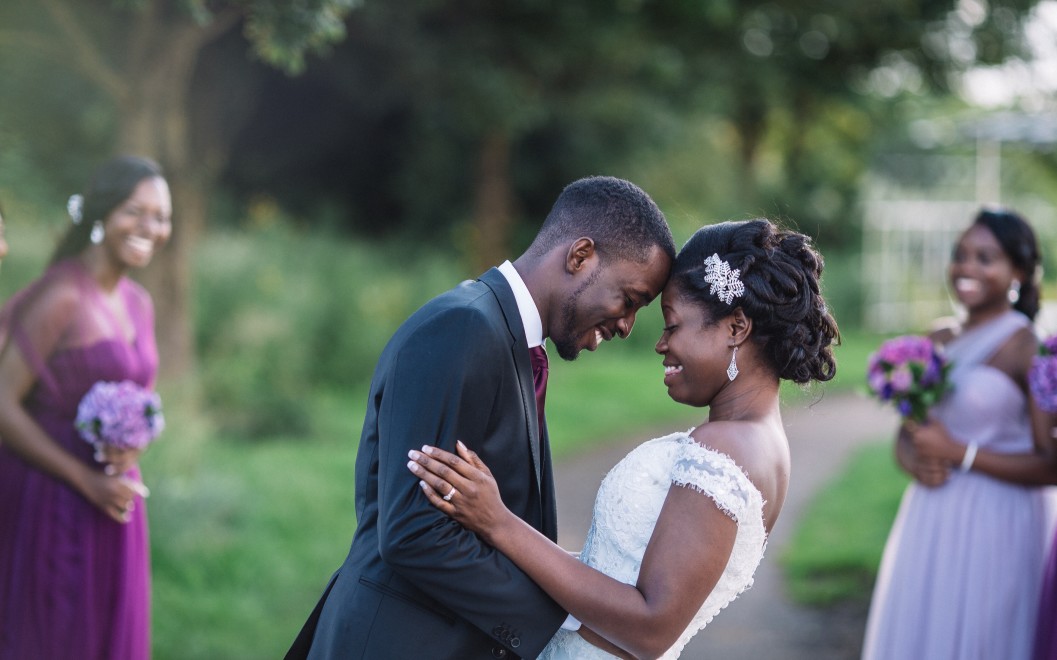For a while now, many people have been unable to grasp the allure behind plantation weddings. Despite the history of slavery associated with plantations, there are still people who choose these venues as the backdrops of their special day.
A civil rights advocacy group by the name of Color Of Change has brought attention to the cultural insensitivity of plantation weddings and has urged wedding planning companies and platforms to stop promoting plantations. In a letter to The Knot, they wrote, “The decision to glorify plantations as nostalgic sites of celebration is not an empowering one for the Black women and justice-minded people who use your site.”
“Plantations are physical reminders of one of the most horrific human rights abuses the world has ever seen,” the letter continues. “The wedding industry routinely denies the violent conditions Black people faced under chattel slavery by promoting plantations as romantic places to marry.”
Several wedding planning resources have decided to stand with Color of Change, including The Knot, Pinterest, and Zola.
In a statement to Travel Noire, a spokesperson for Zola, an online wedding registry, wedding planner, and retailer, says, “We re-evaluated all our venues listed on Zola and determined we will not allow vendors to list who are plantations. We recognize that this is a painful issue and have been evaluating on an ongoing basis. We appreciate Color of Change for bringing this issue forward and will work with them and additional organizations to ensure our policies and guidelines are inclusive and make everyone feel welcome. ”
“Weddings should be a symbol of love and unity,” says Pinterest in a statement to Buzzfeed. “Plantations represent none of those things. We are working to limit the distribution of this content and accounts across our platform, and continue to not accept advertisements for them.”
The Knot will be working hand in hand with Color of Change to create new guidelines for each of their vendors and venues in order to ensure they don’t include language that romanticizes plantation history. Plantations will still be able to list themselves as vendors, however, they won’t be able to refer to or glorify the venue’s past. In the new policy, which should officially roll out in the coming weeks, former plantations will no longer be able to use language such as “elegant” or “charming” in reference to the venue’s slave-related history.





